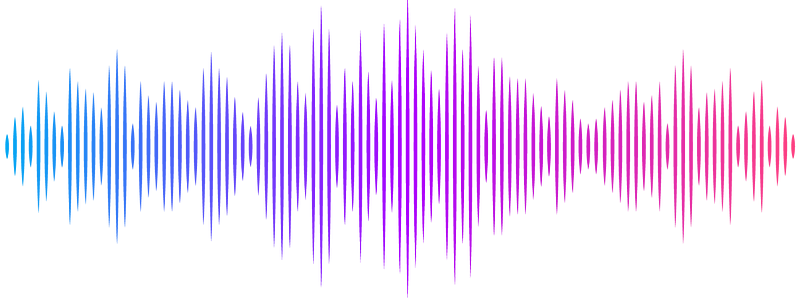Generating gnotobiotic bivalves: a new method on Manila clam (Ruditapes philippinarum)

Generating gnotobiotic bivalves: a new method on Manila clam (Ruditapes philippinarum)
Gallo, M.; Quagliariello, A.; Dalla Rovere, G.; Maietti, F.; Cardazzo, B.; Peruzza, L.; Bargelloni, L.; Martino, M. E.
AbstractThe microbiome, which encompasses microbial communities associated with animal hosts, exerts a profound impact on host physiology and ecosystem dynamics. The application of advanced sequencing technologies has enabled researchers to investigate the composition of microbiomes across a range of hosts and environments. While correlating microbial composition with health outcomes has been a priority, interpreting such data requires caution to avoid overemphasizing the roles of microbes. Understanding microbial influence demands mechanistic insights, which are often elucidated through gnotobiology. Despite their limitations in representing animal diversity, model organisms offer the advantage of reproducibility and experimental tractability. However, the marine realm, especially bivalves, crucial for ecosystem functioning and aquaculture, lacks gnotobiotic models. In this study, we present a method for generating microbiome-depleted and gnotobiotic clams (Ruditapes philippinarum), one of the most widely farmed molluscs in the world and a sentinel organism for climate change. This model expands gnotobiotic research into marine invertebrates, thereby enabling investigations into the impact of microbes on such key animal species.
